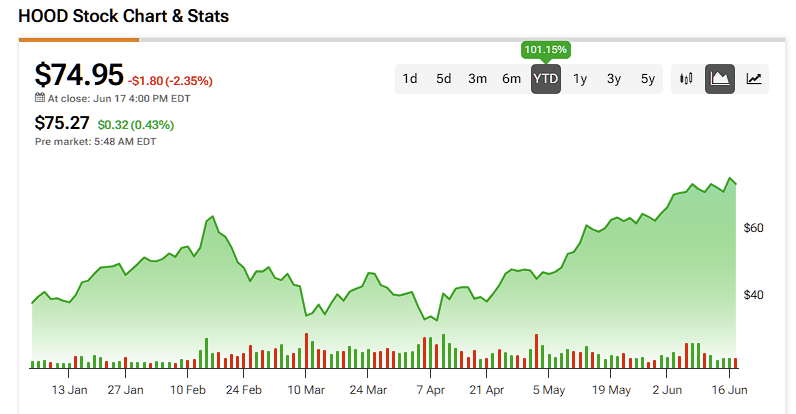
Medicare fraud continues to be a growing concern across the United States, with scammers employing increasingly sophisticated tactics to deceive beneficiaries. These schemes often target older adults, seeking to obtain personal information, Medicare numbers, or even gain access to financial accounts under false pretenses.
Common Medicare scams include unsolicited calls or emails where impersonators claim to be Medicare representatives. They may offer free medical equipment or services in exchange for Medicare numbers or other personal details. Another frequent tactic involves telling the victim that they must update their information or risk losing benefits, prompting them to disclose sensitive data.
Scammers may also submit false claims to Medicare using stolen information, resulting in charges for services or equipment that were never provided. Not only does this defraud the government, but victims may also find it difficult to receive the legitimate care they need if their Medicare usage history is compromised.
To protect yourself, experts recommend the following precautions:
– Never give out your Medicare number or personal information to unsolicited callers or strangers.
– Be cautious of offers for free services or equipment that require your Medicare information.
– Monitor your Medicare account and statements regularly for suspicious charges or unfamiliar services.
– Report any suspected fraud to Medicare by calling 1-800-MEDICARE or contacting the Office of the Inspector General.
Awareness and vigilance are crucial to preventing Medicare fraud. By staying informed and cautious, beneficiaries can help protect themselves and contribute to stopping fraudulent activities that burden the healthcare system.
Source: https:// – Courtesy of the original publisher.








